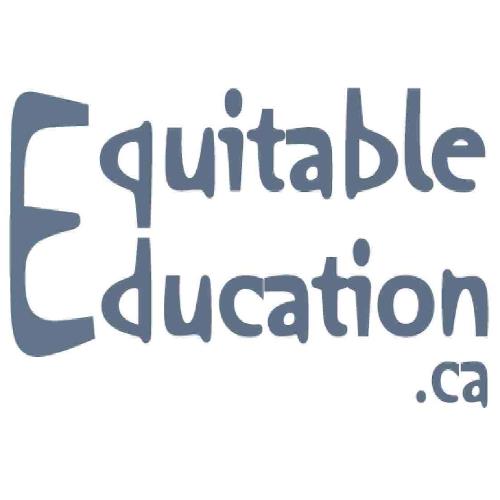Some notes and the audio from Cindy Milstein’s presentation Nov.8th at the Unschooling Oppression conference (November 2007)
Audio (2+hrs, first half is talk, second half is Q&A) files link
Educate/ion/ing for Freedom
Summary by Greg Macdougall, Nov 10 2007
She talked about how she wasn’t sure if the title of her talk should be ‘Education for Freedom’, or ‘Educate’ or even ‘Educating’
Some of the reasons she gave for why education is important:
– education shatters assumptions / how we understand the present … it tells us, ‘it hasn’t always been this way’ .. especially it has the potential to shatter forms of domination
– it helps us understand the world, and the ways in which we want to change it
– opens our minds to other possibilities beyond hegemonies
– creates constant vigilance, makes us think through what we’re doing
She thinks that if people gave as much effort, time and investment into alternative forms of education as they do into post-secondary graduate work, we would have a vibrant community of alternative education happening
Errico Malatesta was cited as an anarchist who did things: trying to ferment change through militant acts,but also through writing and articulating another way(s) .. very inspiring to her
She cited libraries as possibly another structure for a new type of school or learning environment – fixed hours, lots of resources, a help desk in case you can’t figure out for yourself what it is you need .. an addition would be more places to lounge and to create spaces for dialogue
She listed three main types of anarchist projects centred around education:
– having dialgoue and producing propaganda (speeches, essays, magazines, books)
– skillshares and free schools
– bookstores and infoshops
She also cited three types/levels of educational spaces that we should aim for:
– creating your own spaces for education, which would be like a group of friends who meet together to study, learn, and exchange ideas … this could also include inviting authors in which you’re interested to come and participate in your group (pool $$ for transportation, etc) and also includes the spaces where you can direct others who are interested in learning about specific things (with reading lists, etc)
– non-hierarchal institutions or larger educational spaces that allow for overlap of the smaller spaces/groups … examples here included the ‘Institute for Social Ecology’, described as anarchist summer school, and the non-physically-based ‘Institute for Anarchist Studies’ … these are things that people can find and plug into
– bigger spaces/movements .. examples were the Situationists (Guy Debord etc) and the Zapatistas
An important thing noted was to take yourself seriously, and to take everyone else seriously … also the need for mentorship
We want to create intentional spaces for lifelong learning, both for yourself and for others…
Questions included a different interpretation of what Malatesta was about, discussion on whether ‘education’ or ‘action’ is more effective, the notion and labeling of ‘anarchist’, ‘anarchism’, and ‘anarchy’, and more
 Interdependent media & in-person learning opportunities for those who are inspired to be part of movements for social justice.
Interdependent media & in-person learning opportunities for those who are inspired to be part of movements for social justice.
Latest comments